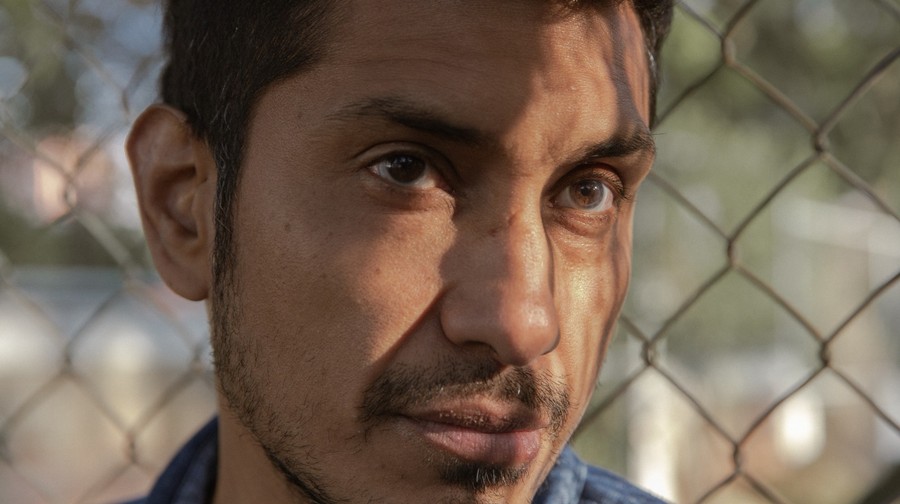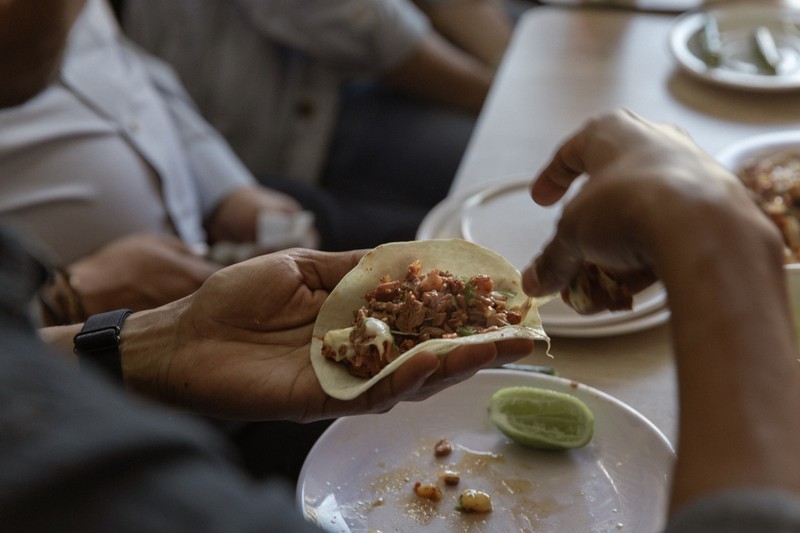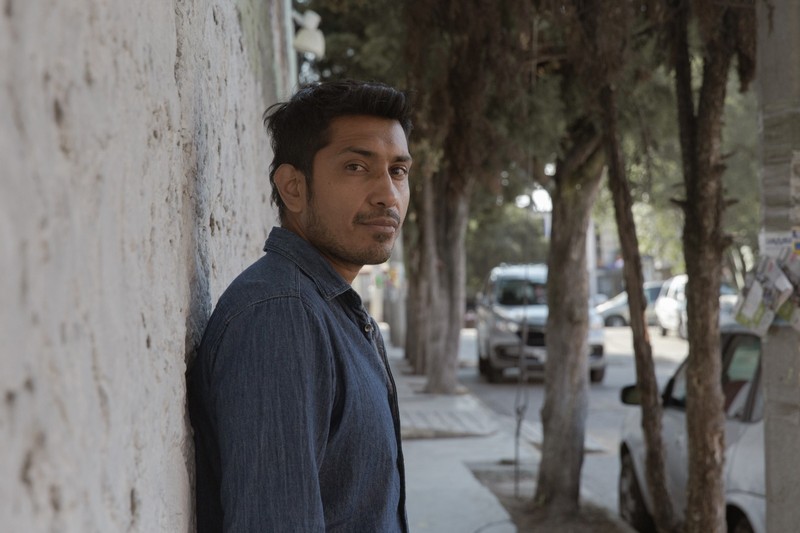This is "The Black Panther" He Wants to Eliminate the Racism in Mexico
 |
MEXICO CITY — Tenoch Huerta’s version of legendary drug lord Rafael Caro-Quintero sits on the side of a pool in the first season of Netflix’s Narcos: Mexico, distraught as he watches his friend sniff cocaine with such disgusting urgency that his life seems to depend on it. Huerta’s intense portrayal of Caro-Quintero—whom the U.S. suspects orchestrated the infamous kidnapping and torture of a DEA agent—snatches the tray of dope and tosses it into the pool in a rage. "I have to get the devil out of me,” he mutters, before wading into the water in his robe and disappearing under the surface.
But Huerta—who is about to break even badder as the antihero “Namor the Sub-Mariner” in Marvel’s much-anticipated Black Panther sequel—still has the devil inside. If Yalitza Aparicio, the Academy Award-nominated Indigenous star of Alfonso Cuaron’s Roma, was the brave and gracious interloper breaking into a mostly-white world, Huerta is the talented rebel, screaming into the void about the racism many Mexicans deny.
In a country where more than 70 percent of people identify as brown-skinned, 41-year-old Huerta is among a handful who’ve reached the top tiers of Mexico’s entertainment world—in large part because of the very typecasting he disdains. "
Classism and racism are so intertwined, it’s difficult to say which one is predominant,” Krozer said, pointing to a 2019 study by the College of Me.
 |
"He wants to provoke in order to open up the conversation,” said his friend and historian Federico Navarrete. “The things he is saying aren’t comfortable, and many people would prefer him to say them in a more pleasant way.”
His provocations have generated headlines and prompted new conversations about racism, but it’s not entirely clear to what end. More than one person told me his rhetoric is counterproductive and intolerant. “When I am at parties and say I represent Tenoch, I get very strong opinions. You can tell they are like, ‘Ohhhhh, yeahhh,’” said Danny Sherman, Huerta’s manager. “They don’t like what he says and they think he is full of shit.”
Pablo Majluf, a conservative political commentator in Mexico, accused Huerta of adopting “all of the woke gringa histories,” citing critical race theory—which argues that systemic racism is ingrained in U.S. society. “The driving force of Mexican history is not a race. It has never been racing,” Maljuf said. “He has the rhetoric of a demagogue. It’s dangerous and toxic and comes from resentment.”
But Huerta said there’s no winning. “If you’re not successful and speak out, people just say you’re resentful. Now they say, ‘he’s working all the time. Why is he complaining?’”
 |
“Tenoch Huerta? Have you heard of him?” I ask.
They haven’t.
He was in Narcos, I say. Still a blank stare. “Oh, that guy!” one of the employees exclaims, followed by, “He’s fatter now.”
By this time, Huerta and the photographer have rejoined the group. Everyone laughs, Huerta included. He ends up taking photos with the employees.
“Actors think they are peacocks, but in fact they are fucking turkeys. They can’t fly. They aren’t useful. That’s an actor—a turkey with beautiful feathers. But the director, that’s a chihuahua. They think they are great. That they are stronger and bigger than they are,” Huerta says unprompted.
Huerta is committed to being more than a turkey. But it’s not easy. The group he co-founded to raise awareness about racism has decided he should take a less high-profile role because media attention is too focused on him. Still, he has not slowed down.
 |
He’s on a mission.
“I don’t want to win this game. I don’t want to be a champion of this game. I want to destroy the fucking game.”
And if he doesn’t, he’s gonna go down trying.
Comments